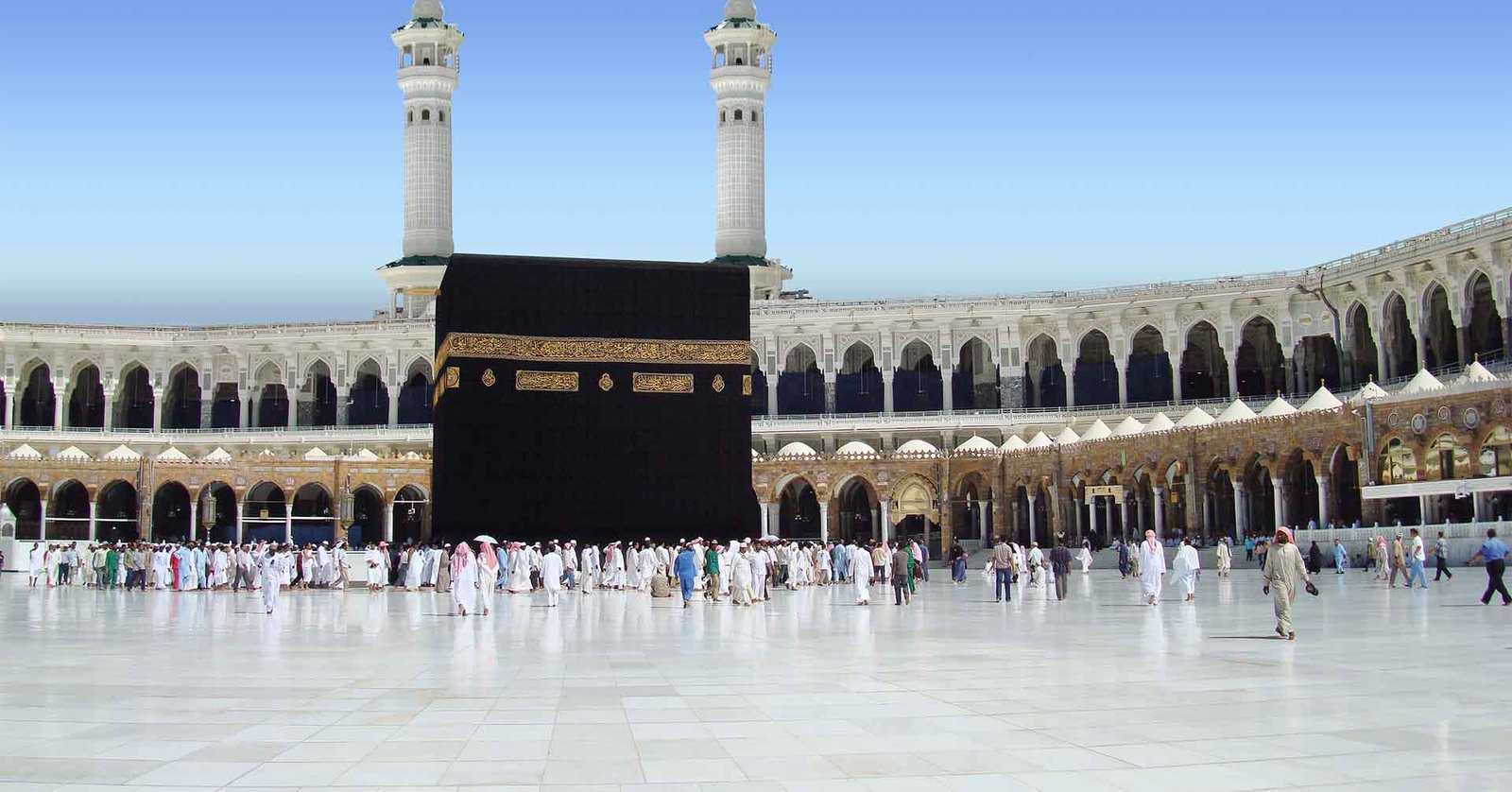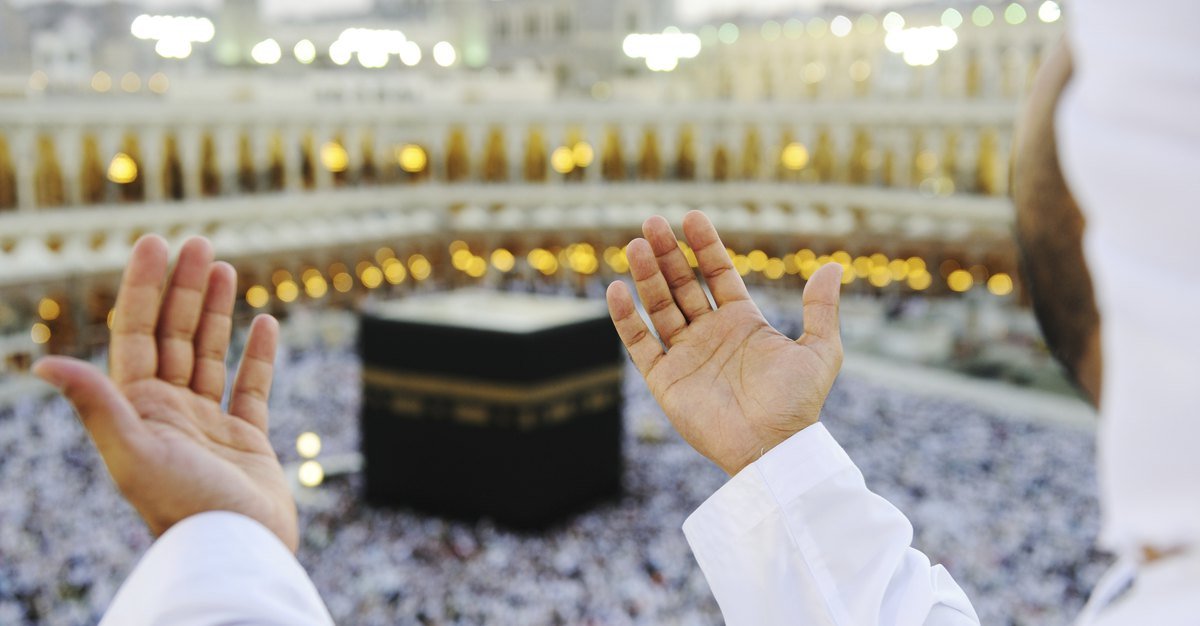How to Plan Your Hajj Trip
Planning a Hajj trip is a significant and spiritual journey for Muslims. To make your Hajj experience smooth and fulfilling, careful planning is essential. Here’s a step-by-step guide to help you how to plan your Hajj trip, from selecting the right package to your departure.

Hajj Requirements
Before you start learning how to Plan Your Hajj Trip, it’s crucial to understand the basic requirements of Hajj:
Eligibility: You must be a Muslim, sane, and have reached puberty.
Financial Ability: You should be able to afford the trip without incurring debt.
Physical Fitness: Hajj involves physical exertion, so you should be in good health.
Research Hajj Packages
Choosing the right Hajj package is one of the most critical steps. Here’s how to go about it:
Research Hajj Packages
Economy Packages: These are more affordable but may involve shared accommodations and basic amenities.
Standard Packages: These offer a balance between cost and comfort, providing better accommodations and services.
VIP Packages: These are expensive but offer luxury accommodations, private transport, and additional services.
What to Look For
Reputation of the Agency: Look for reviews and recommendations from past pilgrims.
Services Included: Ensure the package includes flights, accommodations, meals, and transportation.
Group Size: Smaller groups often mean more personalized attention.
Guides and Support: A knowledgeable guide can make your Hajj experience smoother.
Budget Planning
Hajj can be expensive, so it’s essential to budget carefully. Consider the following costs:
- Package Cost: This includes flights, accommodations, meals, and internal transport.
- Personal Expenses: Gifts, personal items, and other unforeseen expenses.
- Travel Insurance: Highly recommended for medical emergencies or trip cancellations.
Preparing Documentation
Ensure you have all necessary documents ready well in advance:
- Passport: Ensure it is valid for at least six months beyond your travel dates.
- Hajj Visa: Obtain this from the Saudi Arabian embassy or consulate.
- Vaccination Certificates: Mandatory vaccinations include Meningitis and possibly others as recommended by health authorities.
- Travel Insurance: Cover for medical and travel-related emergencies.
Physical and Spiritual Preparation
Physical Preparation
- Health Check-ups: Visit your doctor to ensure you’re fit for the trip.
- Fitness Regime: Start a fitness routine to build stamina, as Hajj involves a lot of walking.
- Packing Essentials: Comfortable walking shoes, loose clothing, sunscreen, and personal hygiene items.
Spiritual Preparation
- Learn about Hajj: Study the rituals and significance of Hajj.
- Spiritual Readiness: Engage in prayers, read the Quran, and seek forgiveness from those you may have wronged.
Departure and Arrival
Before Departure
- Final Checklist: Double-check all documents, tickets, and essentials.
- Luggage: Ensure it is within the airline’s weight limits and packed with necessary items.
- Contacts: Keep emergency contacts and your travel agent’s information handy.
Upon Arrival
- Immigration and Customs: Follow the guidelines and procedures.
- Group Assembly: Join your Hajj group as guided by your tour operator.
- Accommodation: Settle into your accommodations and familiarize yourself with the surroundings.
During Hajj
Follow the instructions of your guide and the established rituals carefully. Stay hydrated, take breaks, and maintain a calm and patient demeanor throughout the pilgrimage.
Returning Home
Post-Hajj
- Reflect on Your Experience: Take time to reflect on your spiritual journey.
- Health Check-up: Visit your doctor if you feel unwell.
- Sharing Your Experience: Share your experiences with friends and family.
Conclusion Of How to Plan Your Hajj Trip
Planning your Hajj trip with careful attention to detail can ensure a spiritually fulfilling and smooth experience. From selecting the right package to making sure you’re physically and spiritually prepared, each step is crucial. May your Hajj journey be blessed and transformative.








